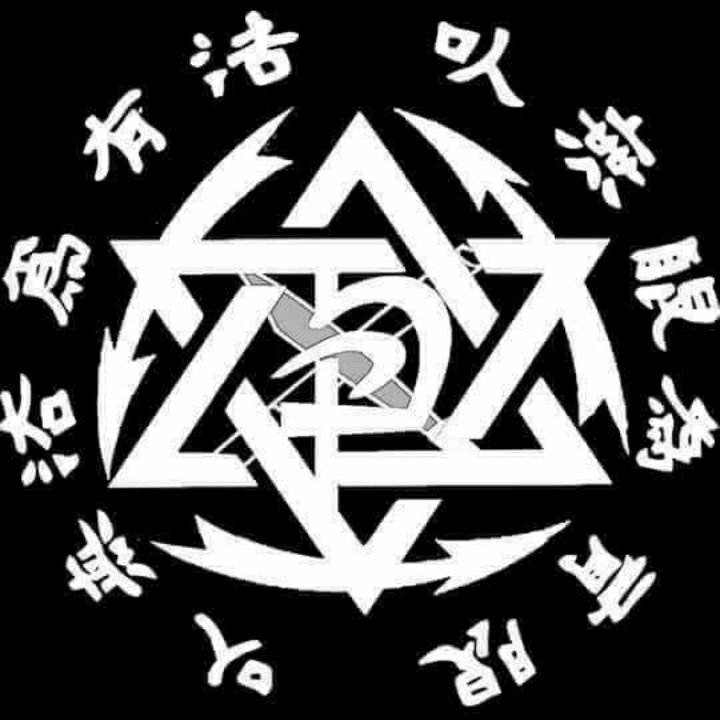Dynamic Mastery: The Cali Combat Systems Approach to Jeet Kune Do
- Sifu Jeramiah Giehl

- Dec 13, 2024
- 2 min read
Updated: Mar 4, 2025
Cali Combat Systems approaches Jeet Kune Do (JKD) as a dynamic and pragmatic martial art, focusing on the core principles established by Bruce Lee. In this system, JKD is not treated as a fixed set of techniques but as a philosophy that adapts and evolves to suit individual practitioners. Let's delve into the key aspects of how JKD is taught by Cali Combat Systems:
Core Principles of JKD:
Adaptability: JKD is viewed as a living art that embraces adaptability to different situations. Techniques are not rigidly prescribed but tailored to the individual's attributes and the demands of a given scenario.
Economy of Motion: Cali Combat Systems emphasizes the efficient use of movement and energy. Techniques are streamlined to eliminate unnecessary actions, promoting effectiveness in real-world situations.
Simultaneous Attack and Defense: JKD is known for its concept of intercepting the opponent's attack while launching a counter-attack. Cali Combat Systems instills the ability to seamlessly blend offensive and defensive movements.
Integration of Multiple Martial Arts:
Striking Arts: The system incorporates elements from various striking arts such as boxing, Muay Thai, and Wing Chun. This integration allows practitioners to develop well-rounded striking skills.
Grappling and Ground Fighting: Cali Combat Systems acknowledges the importance of grappling and ground survival. Techniques from Brazilian Jiu-Jitsu and Judo may be integrated to provide a comprehensive skill set, ensuring proficiency at various ranges.
Weapons Training: The curriculum may include training with traditional and improvised weapons, aligning with JKD's philosophy of practicality and adaptability.
Realistic Scenario-Based Training:
Self-Defense Scenarios: Training scenarios are designed to simulate real-world situations, encouraging practitioners to apply JKD principles under stress. This approach enhances practicality and prepares individuals for unpredictable encounters.
Abduction and Hostage Situation Training: The system addresses the complexities of abduction or hostage situations, emphasizing observational skills, rapport-building with captors, and strategic decision-making for a safe resolution.
Surviving Violent Encounters: Cali Combat Systems provides tools to navigate the psychological and physiological aspects of violent encounters. Training encompasses emotional control, stress management, and making tactical decisions under pressure.
Personal Development:
Mindset and Awareness: Beyond physical techniques, Cali Combat Systems instills a JKD mindset that promotes awareness, adaptability, and a commitment to continuous improvement.
Use of Force and Legal Considerations: Training includes an understanding of the legal aspects of self-defense. Practitioners are educated on responsible use of force and the importance of verbalizing actions in a violent encounter.
Cali Combat Systems' approach to Jeet Kune Do revolves around a holistic integration of martial arts principles, adaptability, and realistic training scenarios. The goal is to empower individuals with a well-rounded skill set that goes beyond technique, fostering a mindset of effective self-defense in various situations.

Comments